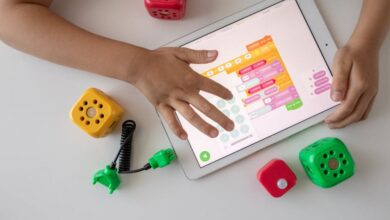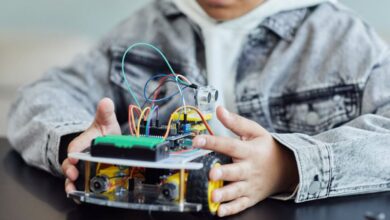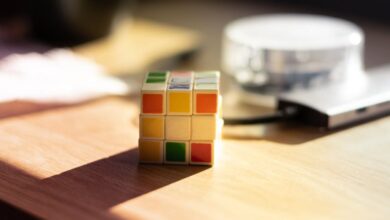How to Choose Toys That Teach Problem-solving Skills
In an age where children are inundated with options, selecting toys that foster essential skills can be a daunting task. Among the myriad of choices, those that promote problem-solving abilities stand out as vital for cognitive development. These toys not only entertain but also challenge young minds, encouraging them to think critically and creatively. When choosing toys for your child, focus on elements that stimulate their problem-solving skills while ensuring they remain engaging and fun.
Consider Age Appropriateness
One of the first steps in selecting toys that enhance problem-solving skills is to consider your child’s age. Toys should match their developmental stage to ensure they are both challenging and accessible. For toddlers, building blocks and simple puzzles can introduce basic concepts of spatial reasoning and cause-and-effect relationships. As children grow, more complex toys, such as logic games or construction sets, can provide deeper challenges that require planning, strategizing, and execution.
Look for Open-ended Play Opportunities
Open-ended toys are invaluable when it comes to fostering problem-solving skills. Unlike traditional toys that have a single purpose or outcome, open-ended toys allow children to explore multiple possibilities. Items like building blocks, art supplies, or even simple household items can encourage creativity and critical thinking. For instance, a set of building blocks can be used to construct anything from a house to a spaceship, prompting children to think about design, stability, and balance.
Encourage Interactive Learning
Toys that promote interactive learning can significantly enhance problem-solving skills. These toys often require children to engage with peers, siblings, or even parents, fostering collaboration and communication. Board games that involve strategy and critical thinking, for instance, can teach children to anticipate opponents’ moves while formulating their own strategies. Additionally, cooperative games encourage teamwork, showing children that finding solutions can also involve collective effort.
Seek Out STEM-Focused Toys
STEM (Science, Technology, Engineering, and Mathematics) toys are designed to inspire curiosity and encourage critical thinking. Look for toys that highlight scientific principles, mathematical concepts, and engineering challenges. Robotics kits, science experiment sets, and math-based games can immerse children in hands-on learning experiences. These toys not only engage children but also instill a love for inquiry and exploration, essential components of problem-solving.
Evaluate the Challenge Level
When selecting problem-solving toys, it is crucial to evaluate the challenge level. Toys that are too easy may lead to boredom, while those that are overly complex can cause frustration. Striking the right balance is key to maintaining engagement. Consider toys that offer varying levels of difficulty or that can be modified to suit your child’s evolving skills. This adaptability allows for continuous learning and keeps the problem-solving process exciting.
Emphasize Real-life Applications
Choose toys that relate to real-life scenarios, as they can provide practical problem-solving experiences. Toys that simulate everyday situations, such as cash registers, kitchen sets, or toolkits, can help children understand how to navigate challenges they might encounter in real life. For example, a cash register toy can teach children about money management and basic math skills while also requiring them to think critically about transactions and change.
Look for Reviews and Recommendations
Before making a purchase, consider seeking out reviews and recommendations from other parents, educators, or child development experts. Online parenting communities and educational blogs can provide valuable insights into which toys effectively promote problem-solving skills. Pay attention to feedback regarding durability, engagement level, and educational benefits. This research can help you make an informed decision that aligns with your child’s interests and developmental needs.
Fostering Lifelong Skills
Ultimately, the goal of choosing toys that enhance problem-solving skills is to lay a foundation for lifelong learning. By selecting toys that challenge children, encourage creativity, and stimulate critical thinking, you are equipping them with tools that will serve them throughout their lives. Problem-solving is an essential skill in every aspect of life, from academic pursuits to personal relationships. Investing in the right toys can make a significant difference in your child’s ability to tackle challenges with confidence and resourcefulness.







